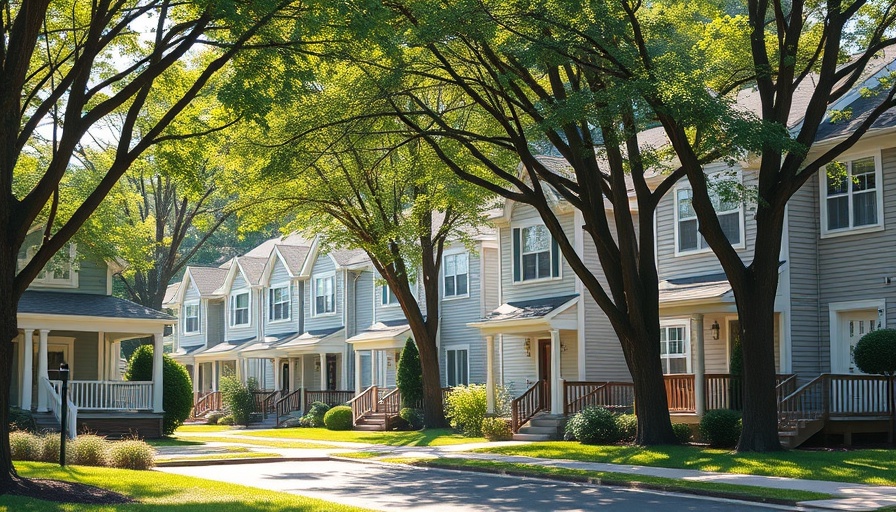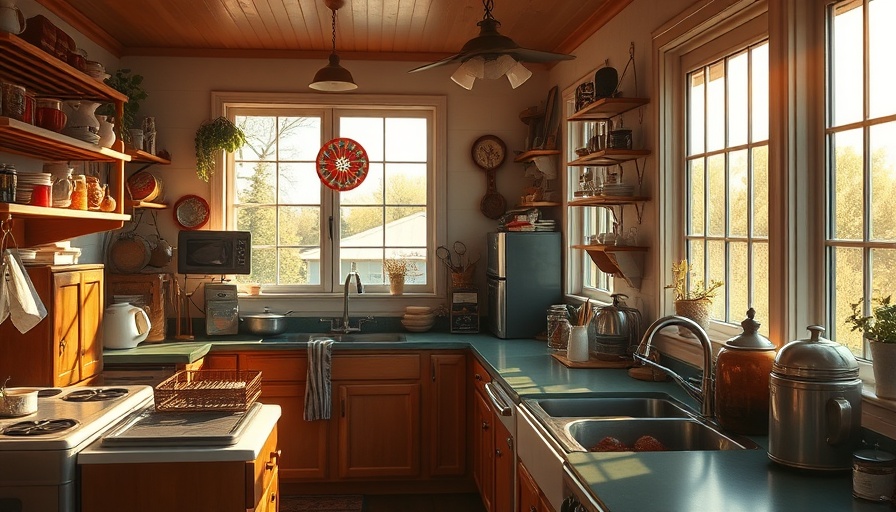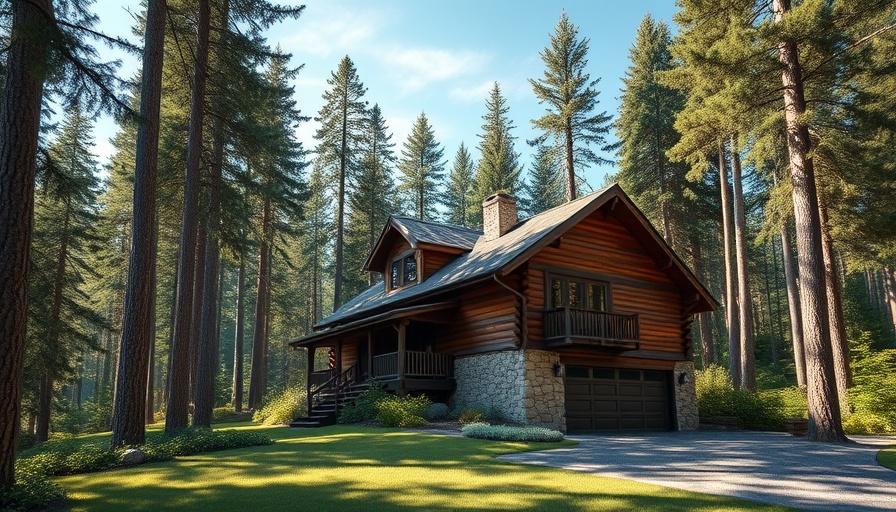
Understanding Homeowners Associations: An Overview
When purchasing a home, especially in popular areas such as Santa Barbara or Raleigh, you may come across a term that is increasingly familiar in the real estate market: Homeowners Associations (HOAs). But what exactly are they, and how do they function? An HOA is a governing body in a residential community entrusted with maintaining common areas and enforcing community rules. Simply put, becoming a member of an HOA means complying with its regulations and contributing to its upkeep through regular dues.
The Benefits of HOAs: Why They Might Be For You
One of the primary advantages of living in an area with an HOA is the promise of a well-maintained community. By managing shared facilities such as parks, pools, and landscaping, HOAs help preserve property values and create a sense of cohesiveness among residents. Many HOAs also offer amenities that make daily life more enjoyable, such as community events, maintenance services, and recreational facilities. These features are especially appealing for individuals looking for a vibrant community where they can connect with like-minded neighbors.
Weighing the Drawbacks: Limitations of HOA Living
While the benefits of HOAs can be enticing, there are notable drawbacks to consider before committing. One significant disadvantage is the restrictions imposed on homeowners. HOAs often enforce stringent rules regarding property modifications, landscaping, and aesthetics. For instance, a homeowner might need permission to paint their house a different color or to add a fence. Such limitations can frustrate new homeowners who desire creative freedom over their properties.
Exploring Diverse Perspectives: What Homeowners Say
Reactions to HOAs vary significantly among residents. Some appreciate the structure and peace of mind that comes from having rules in place, deeming them essential for maintaining community standards. Others find the regulations stifling and a burden to their homeownership experience. It's common to see homeowners reporting mixed feelings on real estate platforms like Redfin or Zillow. Prospective buyers should carefully evaluate their comfort level with HOA rules by considering reviews and engaging with current members when touring properties.
Future Trends: The Evolution of HOAs in Real Estate
The role of HOAs is evolving. As remote work becomes more prevalent, people are prioritizing community and amenities, prompting many real estate developers to incorporate HOA-like structures in new residential projects. Additionally, the growing trend toward sustainable living could lead HOAs to implement eco-friendly practices, such as community gardens and solar energy initiatives, enhancing property values while promoting environmental stewardship.
Making Informed Decisions: What This Means for You
Ultimately, the choice to buy a home in an HOA-managed community hinges on individual values and lifestyle preferences. Before deciding, consider your long-term real estate goals, whether you prioritize community involvement or value independence. Engaging with a real estate agent who comprehensively understands local HOAs can help you navigate these waters, ensuring that you make the best decision for your family.
Don’t overlook resources like real estate websites, or seek out a qualified realtor to guide you through the nuances of the market. Staying informed will empower you to find the right fit, whether you're looking at condos for sale, luxury real estate, or new construction homes.
Conclusion: Choose Wisely in Your Home Pursuit
As you embark on your journey to find a home, consider the critical role that HOAs may play in your experience. Weigh the benefits of community and maintenance against the need for personal freedom in property ownership. Always remember that informed decisions lead to satisfying outcomes in real estate. When you are ready to explore the options available to you, consider connecting with trusted platforms for real estate listings and expert guidance.
 Add Row
Add Row  Add
Add 




Write A Comment